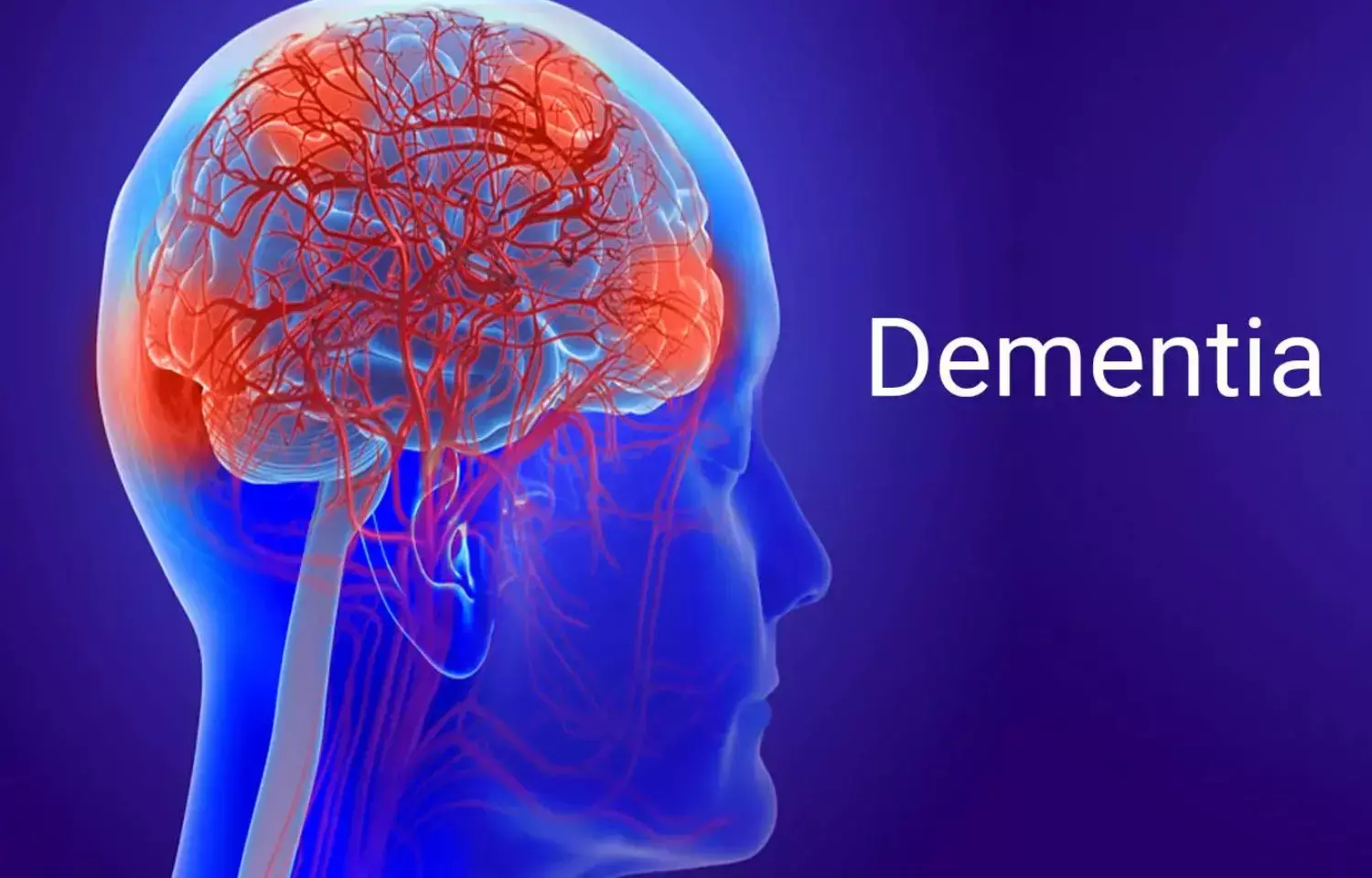- Home
- Medical news & Guidelines
- Anesthesiology
- Cardiology and CTVS
- Critical Care
- Dentistry
- Dermatology
- Diabetes and Endocrinology
- ENT
- Gastroenterology
- Medicine
- Nephrology
- Neurology
- Obstretics-Gynaecology
- Oncology
- Ophthalmology
- Orthopaedics
- Pediatrics-Neonatology
- Psychiatry
- Pulmonology
- Radiology
- Surgery
- Urology
- Laboratory Medicine
- Diet
- Nursing
- Paramedical
- Physiotherapy
- Health news
- Fact Check
- Bone Health Fact Check
- Brain Health Fact Check
- Cancer Related Fact Check
- Child Care Fact Check
- Dental and oral health fact check
- Diabetes and metabolic health fact check
- Diet and Nutrition Fact Check
- Eye and ENT Care Fact Check
- Fitness fact check
- Gut health fact check
- Heart health fact check
- Kidney health fact check
- Medical education fact check
- Men's health fact check
- Respiratory fact check
- Skin and hair care fact check
- Vaccine and Immunization fact check
- Women's health fact check
- AYUSH
- State News
- Andaman and Nicobar Islands
- Andhra Pradesh
- Arunachal Pradesh
- Assam
- Bihar
- Chandigarh
- Chattisgarh
- Dadra and Nagar Haveli
- Daman and Diu
- Delhi
- Goa
- Gujarat
- Haryana
- Himachal Pradesh
- Jammu & Kashmir
- Jharkhand
- Karnataka
- Kerala
- Ladakh
- Lakshadweep
- Madhya Pradesh
- Maharashtra
- Manipur
- Meghalaya
- Mizoram
- Nagaland
- Odisha
- Puducherry
- Punjab
- Rajasthan
- Sikkim
- Tamil Nadu
- Telangana
- Tripura
- Uttar Pradesh
- Uttrakhand
- West Bengal
- Medical Education
- Industry
NAFLD linked to higher risk of developing stroke

People who have non-alcoholic fatty liver disease, a buildup of fat cells in the liver, may have a higher risk of dementia, according to a new study published in the July 13, 2022, online issue of Neurology, the medical journal of the American Academy of Neurology.
Researchers also found that people with this form of liver disease who also have heart disease or who have had a stroke may have an even higher risk of dementia.
Non-alcoholic fatty liver disease affects up to 25% of people worldwide and is the most common chronic form of liver disease. Because there are often no symptoms, many people don't know they have it.
When people do have symptoms, they can include fatigue and pain or discomfort in the upper right abdomen. While excessive alcohol use can cause fatty liver disease, non-alcoholic fatty liver disease can be due to obesity and related conditions like high blood pressure or type 2 diabetes. In a small percentage of people, it can lead to liver inflammation or liver damage.
"Common risk factors for both non-alcoholic fatty liver disease and dementia include metabolic disorders like high blood pressure, diabetes and obesity," said study author Ying Shang, PhD, of the Karolinska Institute in Stockholm, Sweden. "So our study sought to determine if there was a link between this form of liver disease and a person's risk of dementia, independent of these risk factors."
For the study, researchers looked at 30 years of national Swedish patient registry records and identified 2,898 people age 65 and older who were diagnosed with non-alcoholic fatty liver disease. Researchers then identified 28,357 people without the disease who were matched for age, sex and city of residence at age of diagnosis.
After an average of more than five years of follow-up, 145 people with non-alcoholic fatty liver disease, or 5%, were diagnosed with dementia, compared to 1,291 people without liver disease, or 4.6%.
Researchers adjusted for cardiovascular risk factors like high blood pressure and diabetes and found that when compared to people without liver disease, people with non-alcoholic fatty liver disease had a 38% higher rate of dementia overall. When looking specifically at vascular dementia caused by inadequate blood flow to the brain, researchers found people with non-alcoholic fatty liver disease had a 44% higher rate than people without liver disease. Researchers did not find a higher rate of Alzheimer's disease.
People with liver disease who also had heart disease had a 50% greater risk of dementia. Those who had liver disease and stroke had more than a 2.5 times greater risk of dementia.
"Our study shows that non-alcoholic fatty liver disease is associated with the development of dementia, which may be driven mainly by vascular damage in the brain," said Shang. "These results highlight the possibility that targeted treatment of this form of liver disease and co-occuring cardiovascular disease may reduce the risk of dementia."
A limitation of the study was that non-alcoholic fatty liver disease is underdiagnosed because people often do not have symptoms. Shang said this could lead to underestimating the association between non-alcoholic fatty liver disease and dementia.
Reference:
Nonalcoholic Fatty Liver Disease and Risk of Dementia: A Population-Based Cohort Study Ying Shang, Linnea Widman, Hannes Hagström Neurology Jul 2022, 10.1212/WNL.0000000000200853; DOI: 10.1212/WNL.0000000000200853
Dr Kamal Kant Kohli-MBBS, DTCD- a chest specialist with more than 30 years of practice and a flair for writing clinical articles, Dr Kamal Kant Kohli joined Medical Dialogues as a Chief Editor of Medical News. Besides writing articles, as an editor, he proofreads and verifies all the medical content published on Medical Dialogues including those coming from journals, studies,medical conferences,guidelines etc. Email: drkohli@medicaldialogues.in. Contact no. 011-43720751


